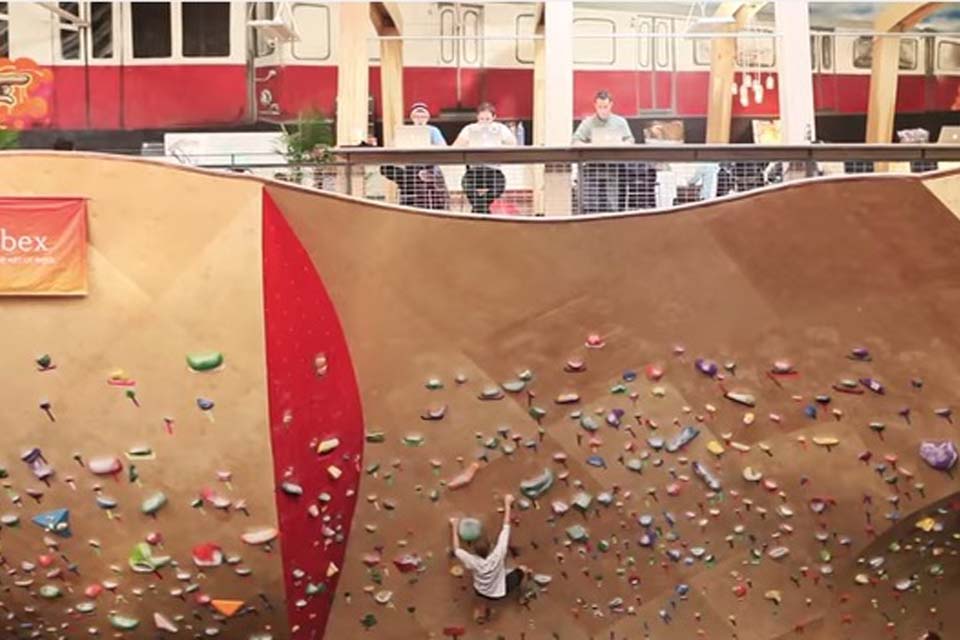Advertisement
Evolution Of The Office Life: To The Cubicle, And Beyond
ResumeFrom counting houses to cubicles to floating free agents, we’ll look at the evolution of the workplace, and of work itself.

The office has always been a stage for the meaning of white collar work. A miserable “tank” for Scrooge’s clerk, Bob Cratchit, in Dickens’ time. A corner office seat of glamour and power for Don Draper in Mad Men. Lines of desks and then angsty cubicles for millions in the computer age. Or “open plan,” with Fusbol. Now, work and the workplace are going free agent. To a corner of Starbucks. Or anywhere. And that has meaning too. This hour On Point: the history and future of white collar work and the workplace with Nikil Saval, author of “Cubed.”
-- Tom Ashbrook
Guests
Nikil Saval, editor at the literary journal n+1. Author of the new book "Cubed: A Secret History of the Workplace."
Jesse Levin, senior cultural chameleon at Brooklyn Boulders in Somerville, MA. (@BKBSomerville)
Nancy Koehn, historian and professor business administration at the Harvard Business School. (@nancykoehn)
From Tom's Reading List
The Atlantic: Our Cubicles, Ourselves: How the Modern Office Shapes American Life — "I’ve found that space in an office often reflects the way power operates in a workplace: design expresses (though not in a simple way) relationships of hierarchy, control, and authority."
Slate: Little Workers in Pretty Boxes — "By separating knowledge from the basic work process … the ideology of Taylorism all but ensured a workplace divided against itself, both in space and in practice, with a group of managers controlling how work was done and their workers merely performing that work."
The New Republic: Why Do Our Offices Make Us So Miserable? — "Counting houses were cramped: One typical New York establishment was only 25 square feet yet accommodated four partners and six clerical workers. They were also hopeful. In part because we were so physically close to our employers, we were convinced that we would eventually take their places. For this reason, we thought we were exempt from the Marxist principle that capital and labor are locked in an intractable conflict."
Read An Excerpt of "Cubed" By Nikil Saval
This program aired on May 2, 2014.